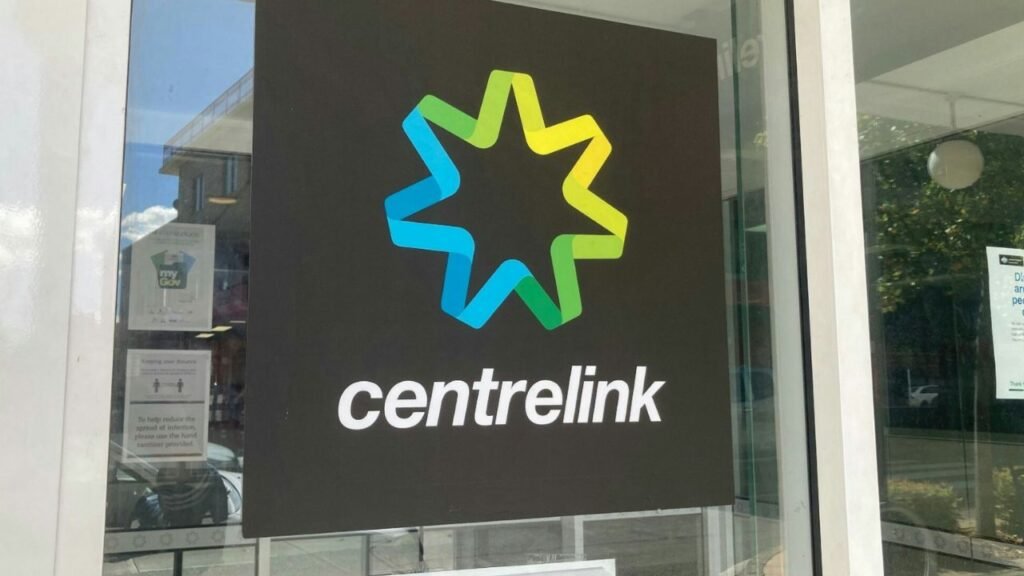In a sweeping national enforcement effort, Centrelink has suspended benefits for thousands of welfare recipients throughout Australia. This development, effective as of May 20, 2025, has triggered serious concern among individuals relying on these payments. The Department of Human Services, through Services Australia, has confirmed that the suspensions target individuals who failed to comply with essential requirements such as identity verification, mutual obligations, or timely submission of documentation.
Suspensions Target Non-Compliance and Unverified Records
The crackdown follows an extensive internal audit and automated data matching operation aimed at preventing fraud and ensuring that government support reaches only eligible recipients. These efforts have flagged discrepancies involving outdated or incorrect personal data, non-reporting of income, unverified addresses, missed appointments, and a failure to meet activity requirements such as job searching or training sessions.
Range of Payments Affected by the Suspension
Centrelink has indicated that a wide array of payment categories has been impacted. These include JobSeeker, Parenting Payment, Youth Allowance, Age Pension, and Disability Support Pension among others. Suspensions have not been limited to one demographic but span across job seekers, students, parents, seniors, and carers. Recipients have been notified through SMS alerts and MyGov messages, urging immediate action to restore benefits.
State-Wide Breakdown Reveals Extent of the Disruption
Every state and territory in Australia has felt the impact of this enforcement campaign. New South Wales recorded approximately 140,000 suspensions, mostly related to missing income declarations and ID verification. Victoria followed with about 120,000 cases, largely involving address mismatches. Queensland, Western Australia, South Australia, Tasmania, ACT, and the Northern Territory have also reported tens of thousands of suspensions, with issues ranging from overdue audits to outdated contact information and unverified job activity.
Immediate Action Required to Prevent Further Delay or Cancellation

Recipients who have had their payments stopped must take swift steps to rectify the issue. The most effective approach begins with logging into the MyGov platform and reviewing any messages, letters, or tasks listed under the Centrelink section. Updating personal details, uploading valid documentation, and rescheduling missed appointments can significantly accelerate the reinstatement process.
Key Documentation to Submit for Reinstatement
Depending on the payment type and reason for suspension, a variety of documents may be required. Commonly requested files include valid photo identification, income reports, job search diaries, medical certificates, enrolment confirmations, and rent declarations. These documents must be clear, current, and complete when uploaded through MyGov or submitted in person.
Reinstatement Timeline Depends on Response Time
Once the necessary documents and updates have been provided, Centrelink typically processes reinstatement within 5 to 10 business days. In-person verifications or urgent appeals may result in quicker turnaround times. However, if recipients miss a second round of required appointments or fail to respond to MyGov tasks, payments may be permanently cancelled.
Centrelink Urges Single Submission to Avoid Delays
To streamline processing, Services Australia recommends submitting all required documentation in one comprehensive batch. Multiple or fragmented submissions can slow down the verification process and lead to additional delays. Recipients unsure of their suspension reason or required documents should contact Centrelink directly via their general helpline or visit the nearest service centre.
In conclusion, Australians relying on Centrelink payments must act swiftly and attentively to avoid long-term disruption. With compliance checks becoming increasingly rigorous, staying up to date with personal information and reporting obligations has never been more critical.

